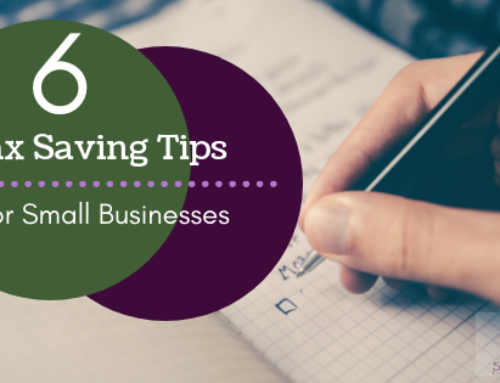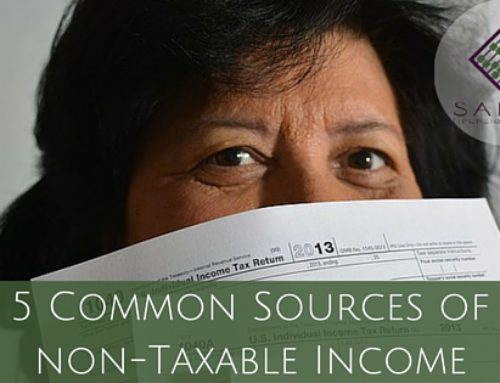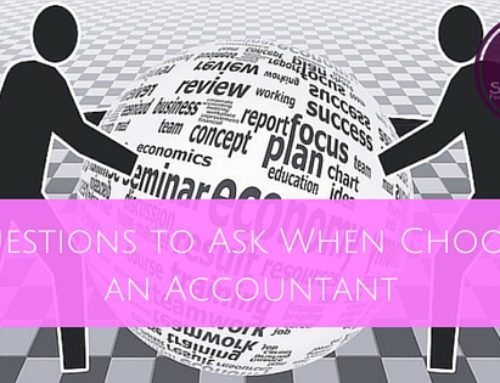You often hear how you should sign up for a 401k through your employer, or start college funding for your kids by putting money into a 529 plan. You may be dabbling in the stock market, but aren’t sure how any gains or losses you realize may have an impact on your tax situation. What role do these types of investments play in your overall financial plan? How can being strategic in these areas help lessen the impact of taxes on your finances and make your net worth or cash flow more favorable?
Basically, you can place most types of investments into 3 categories: Tax Now, Tax Later (Deferred), and Tax Free
Tax Now
This category gets taxed in the same year that the income is created. Any gain you receive from these types of investments gets included in your taxable income and increases your taxable income.
Examples of Tax-Now accounts:
Bank accounts. Anytime you receive interest income over $10 in a year from your regular checking or savings account, you receive a 1099-INT from the bank. You have to include that interest income in your tax preparation and it counts toward your taxable income.
Mutual funds, stocks, bonds. Any dividends you receive from the sale of stocks and bonds gets included in your taxable income
Tax Deferred
Tax deferred accounts allow you to put money aside from your gross pay, the income you make on your job BEFORE taxes are taken out. If you have a 401k with your job, pull out your W-2 and look at lines 1, 3 and 5. You may notice that line 1’s amount of wages is different from line 3 and 5. This is because the standard rate for Medicare/Social Security (7.65%) is taken against your entire income, but federal taxes are calculated against the income you make minus the money invested in your 401k. This is because you will be taxed on the money in the 401k when you start withdrawing it, hopefully not until retirement.
Examples of Tax Deferred accounts:
IRA, SEP IRA, 401(k), 403(b), Pension, Annuities
These are some of the best known retirement accounts in the U.S. We don’t see pensions being offered as employee benefits much anymore, but many older taxpayers who worked for decades at the same company are relying on pensions and/or annuities to support themselves now.
Tax Free
Tax free accounts are called this for different reasons: (1) the gain you receive from these types of accounts is not included in taxable income, or (2) you are investing after-tax money so it won’t be taxed a second time.
Examples of Tax Free accounts:
Roth IRAs, ROTH 401k/403b plans, 529 plans (for college planning for your kiddos), or municipal bonds.
Roth accounts are popular because of the flexibility and ease of use. Self-employed folks with their irregular income find these types of accounts attractive as well. I personally use Betterment to automatically invest money every month into a retirement Roth IRA plan. Organizations like Betterment are popular because you have more perceived control over what companies or stocks you want to invest in and can make changes anytime.
Money you add to a 529 plan is after tax money so it has already been hit with federal tax. However, withdrawals from 529 plans are not subject to federal tax when used for the education of the beneficiary. The money needs to be withdraw for expenses like room and board, books, and tuition.
Your overall financial plan should include a mix of tax free, tax deferred, and tax now accounts. You’ve been told that you should not put all your eggs in one basket when it comes to investing, and the same advice holds true for your taxes. Being proactive about your where you shelter your money will help you be in control as much as possible when it comes to the IRS and federal taxes. Many higher income taxpayers meet with a financial planner or accountant to make decisions on where and how to invest their money so that tax liability has as little an impact as possible. No matter what your tax bracket or income level is, why pay more taxes than you have to?










